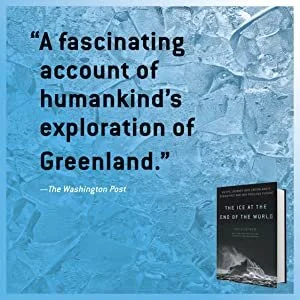Highlights - Mona Sarfaty - Medical Society Consortium on Climate and Health | Ed Maibach - Communication Scientist
/Executive Director & Founder of the Medical Society Consortium on Climate and Health
Director of the George Mason University Center for Climate Change Communication
Humanity needs to do three things if it wants to continue to flourish, and it will. The three things that humanity needs to do are decarbonize the global economy, drawdown, capture, harvest much of that heat-trapping pollution that we've already pumped into the atmosphere over the past hundred years because as long as it's up in our atmosphere, we're going to have continued warming. And the third thing that humanity needs to do is become more resilient to the impacts of climate change, which unfortunately will continue for the next several generations at least, even as we succeed in decarbonizing the global economy and harvesting that heat-trapping pollution from the atmosphere.
So these are the three things that have to happen. These three things will happen. The open question is how rapidly will they happen? Any business that can play a vital role in making any one or two or all three of those things happen, those are businesses that are going to flourish going forward. And any business that's sitting on the side and not contributing to one of those three areas, I really think they will become increasingly irrelevant, if not completely antiquated and increasingly understood to be harmful.





















